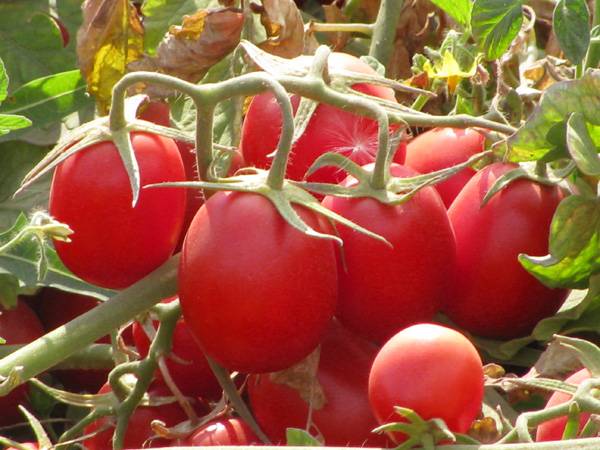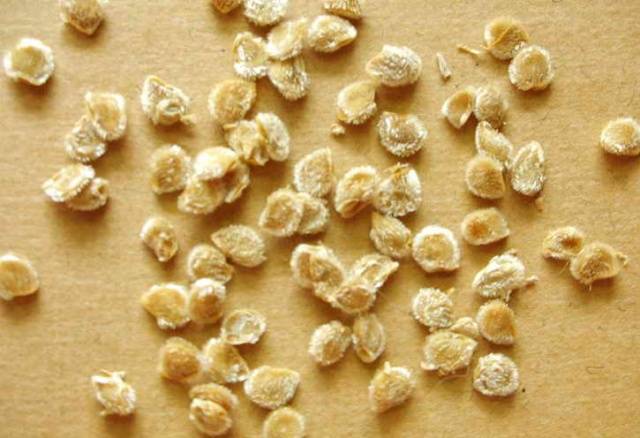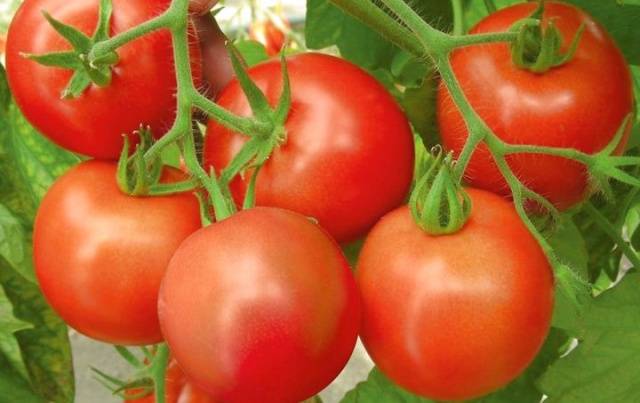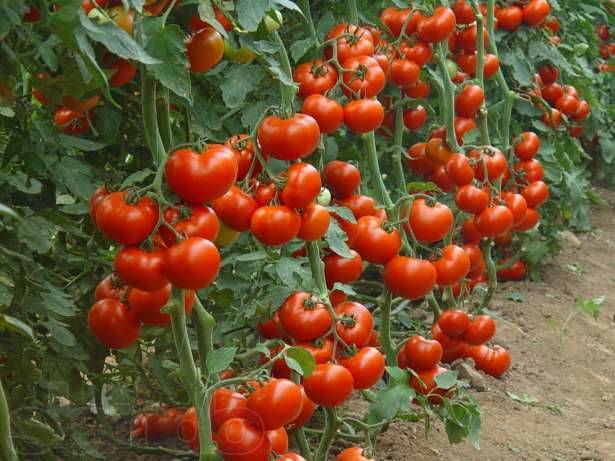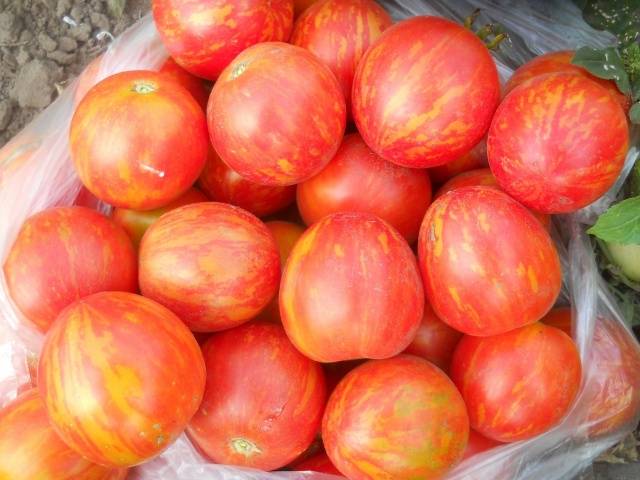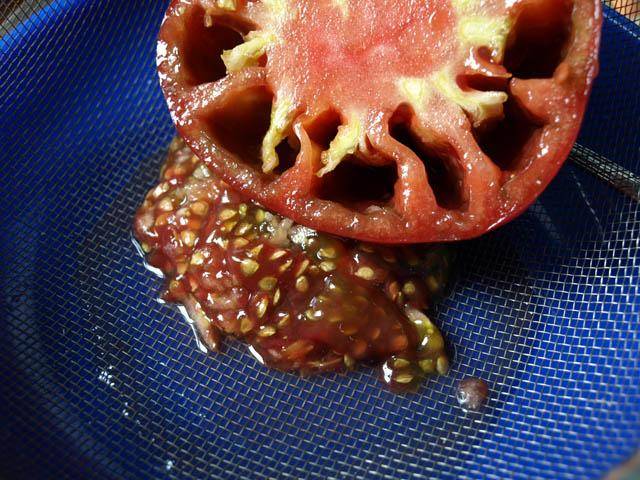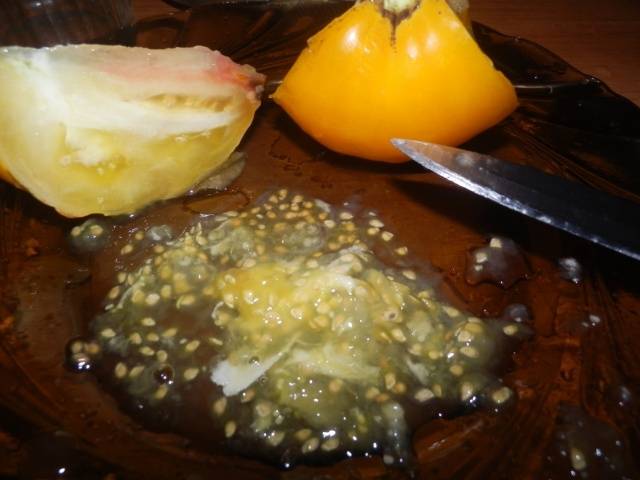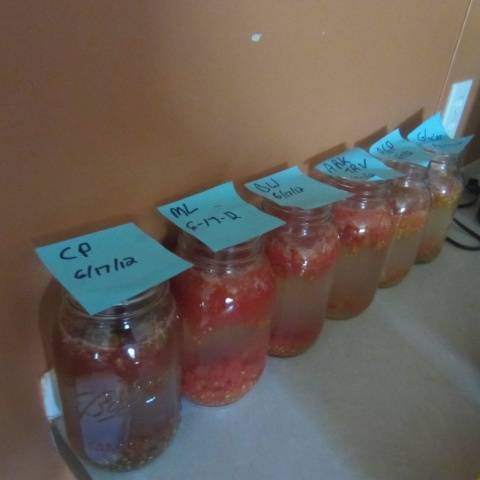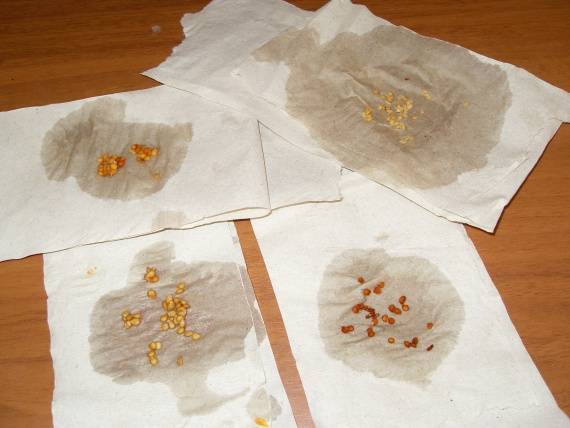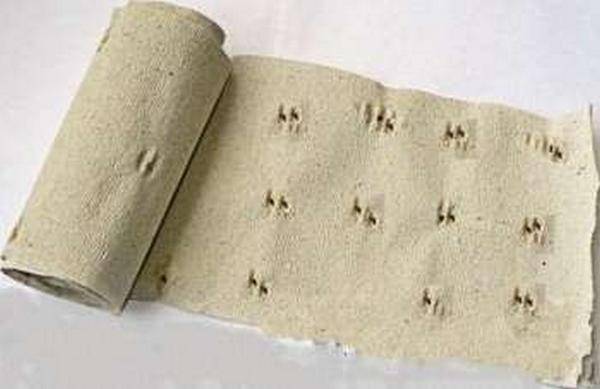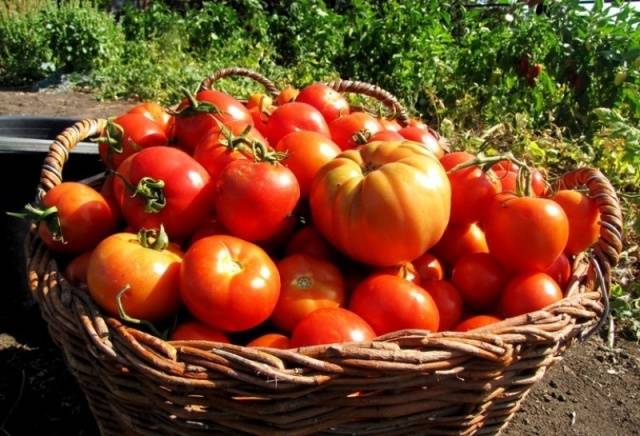Content
Collecting tomato seeds is relevant for everyone who grows seedlings on their own. Of course, you can buy them in a specialized store, but there is no guarantee of germination and compliance of the variety with the label. In addition, elite planting material is not cheap. For people who cultivate vegetables for sale and farmers, the question of how to collect tomato seeds at home is especially important.
Even a novice gardener can cope with this task - it does not require any special knowledge, experience, or a lot of time. We will tell you how to properly collect seeds from tomatoes, and also invite you to watch a video on this topic.
Why pick tomato seeds yourself
In addition to the high cost of elite seed material, there are other reasons why it is better to get it yourself:
- Store seeds are most often simply harvested and packaged in sachets. At best, they are covered with a special shell, treated with a laser or ultrasound, and encrusted. Of course, this increases both the germination of tomato seeds and resistance to fungal diseases, but where is the guarantee that they were originally of good quality? In addition, this significantly increases the price of planting material, which, when growing tomatoes for sale, significantly increases their cost.
- And who of us has not come across the fact that the number of seeds stated on the bag did not correspond to reality?
- It's no secret that unscrupulous traders change the expiration date indicated on the label.
- Seed material is not always available at the store. Sometimes friends and acquaintances from other regions or even countries send us the necessary planting material. What to do next year?
- On your own, you can collect as many seeds as you need and even more.
- Tomatoes grown from their own seed will be more suitable than store ones, adapted for growing in your conditions.
- You can process the seeds collected for seedlings to increase germination and against diseases in any convenient way.
- You will save money, which is not superfluous when planting a large vegetable plantation.
- And lastly, you will save your nerves. When buying seeds in a store, first we guess, will germinate - will not germinate, then what exactly will grow. And all the time, starting from sowing seeds for seedlings until the end of the harvest: if he gets sick, he will not get sick.
Self-Breeding Tomatoes
Before collecting seeds, you need to know which tomatoes you can and should take them from, and which ones it is useless to contact.
Varietal tomatoes
These are exactly the tomatoes from which you need to collect seeds. Just pick a variety and plant at least one bush. Of course, you will not collect seeds from one plant for a couple of hectares, but nothing, next year there will be more of them. The main thing is that the bushes do not hurt anything and are not affected by pests.
Hybrid tomatoes
Can seeds be harvested from hybrids? Absolutely not! Hybrids are obtained by crossing two or more varieties, and this happens in greenhouses in order to exclude cross-pollination by other cultivars.
You can, of course, collect their seeds and sow them on seedlings. It will even rise and bear fruit. But you are unlikely to be delighted with such a harvest.In the next year, the signs of hybridization will split, and tomatoes of various height, shape, color, and ripening times will grow. It is not a fact that you will like them or, in general, will have any commercial or nutritional value.
So, tomatoes grown from seeds harvested from hybrids do not inherit the properties of the original plants. Most likely, they will not even resemble either the parent varieties or each other.
Fruit of unknown origin
An interesting question - is it worth collecting seeds from a tomato you really like? We can meet such people anywhere - at the market, at a party. Our advice is to collect seeds from all the fruits you like! If there are few of them, leave until spring, sow and see what happens. If there is a lot - select 5-6 grains, stimulate with epin or other special agent and sow in a bowl. If the resulting plants are the same, like twins - you're in luck, this is a variety, grow it for health. If it turns out to be inconsistent, throw it away without regret.
Collection and storage
Let's take a look at how to properly harvest tomato seeds. To do this, you need to select suitable fruits, extract their contents, dry and store until spring.
Selection of tomato fruits
In order to collect high-quality seeds, it is not at all necessary to choose the largest tomato and keep it on the bush until it is fully ripe. Follow these rules:
- To extract seeds, take the tomatoes that were among the first to appear. In the greenhouse - from the second or third brush, in the ground - from the first. First, the lower ovaries bloom first, when the bees are not yet active, therefore, the likelihood of cross-pollination is less. Secondly, the apical fruits are smaller than the lower ones. Thirdly, the longer a tomato grows, the more likely it is to develop late blight or other fungal infections.
- Even in varieties that are new to you, before collecting tomato seeds, ask how they should look. Take only fruits of typical shape, color and size.
- To get your own planting material, it is best to pick brown tomatoes (then they ripen), in extreme cases in full color, but not fully ripe. Overripe fruits are not suitable for collecting seeds at all - the embryo is already ready for germination and, after drying, is unsuitable for further reproduction.
- Always pick tomatoes from healthy, disease-free bushes. If you think that it is better to let the tomatoes get sick than to “poison them with chemistry,” plant several plants separately and process only them. If you did not do it right away, plant it, the tomatoes perfectly tolerate the transplant.
Seed collection
Wash plucked brown tomatoes, dry, put on ripening at a temperature of about 25 degrees. Just be careful not to overripe, because after that they will only be suitable for making salad. There are many ways to harvest tomato seeds. They are all similar to each other, but differ only in small things.
Fermentation
Cut into two parts well-ripened, but by no means overripe tomatoes of the same variety, carefully collect their seeds with a spoon along with the liquid in a jar, bowl or plastic cup.
Cover the vessel with gauze, place in a warm place, shaded from direct sunlight for fermentation (fermentation). It usually lasts 2-3 days, but much depends on the ambient temperature and the chemical composition of the tomatoes. As soon as the juice clears up, most of the seeds will sink to the bottom, and bubbles or a film will appear on the surface, proceed to the next stage.
Drain the liquid from the container along with the tomato seeds floating on the surface - they still will not sprout. When there is little juice left, use a strainer. Rinse several times, the last time under running water.
Dissolve a teaspoon of salt in a glass of water, pour over the tomato seeds. Qualitative ones will sink to the bottom, unfit ones will float up.
Fast way
Anything happens. Even the most exemplary housewife just at the moment when the fruits of the tomatoes, selected for obtaining seeds, ripen, there may not be enough time for their fermentation. What to do? Remove the seeds from the tomato, spread it over the toilet paper spread on the table. Do not rinse or try to scoop out the pulp collected in a spoon.
The quality of tomato seeds will, of course, be worse than after fermentation and culling, but quite acceptable.
Drying and storage
Now it only remains to dry the seed and send it to storage. Simply put the seeds obtained in a quick way in a place protected from the sun (for example, on a wardrobe or under a bed), cover with a layer of gauze and dry them at room temperature.
Comment! Perhaps you have a special dryer, use it.
Put the tomato seeds obtained after fermentation on a clean cloth, napkin, toilet paper or plain white paper. You can dry them by stirring from time to time, or you can simply spread them over the paper in a thin layer.
Place the dried seeds in paper bags and be sure to write down the variety name and harvest year. Tomatoes retain good germination (economic) for 4-5 years.
Watch a video about picking tomato seeds:
Conclusion
As you can see, there is nothing difficult in collecting seeds. Having obtained the desired variety of tomatoes once, it is not at all necessary to spend money on their purchase in the future. Just remember that this does not apply to hybrids. Have a nice harvest!
